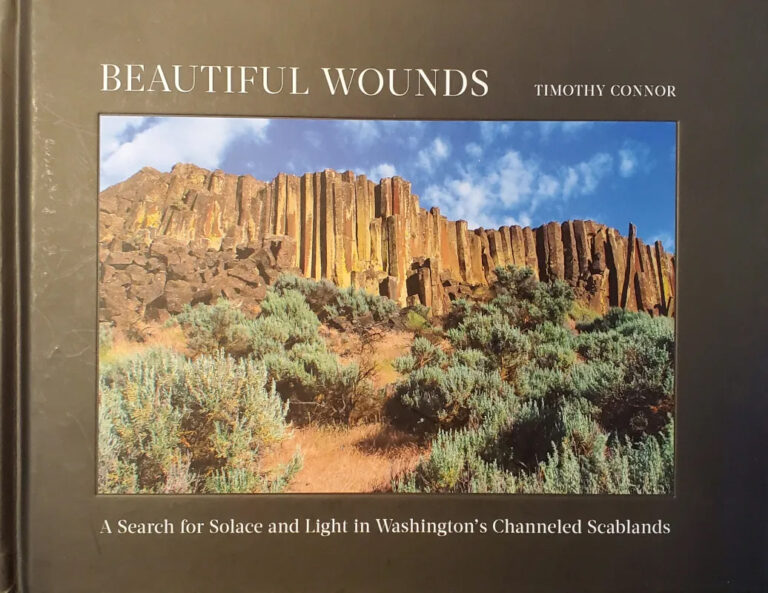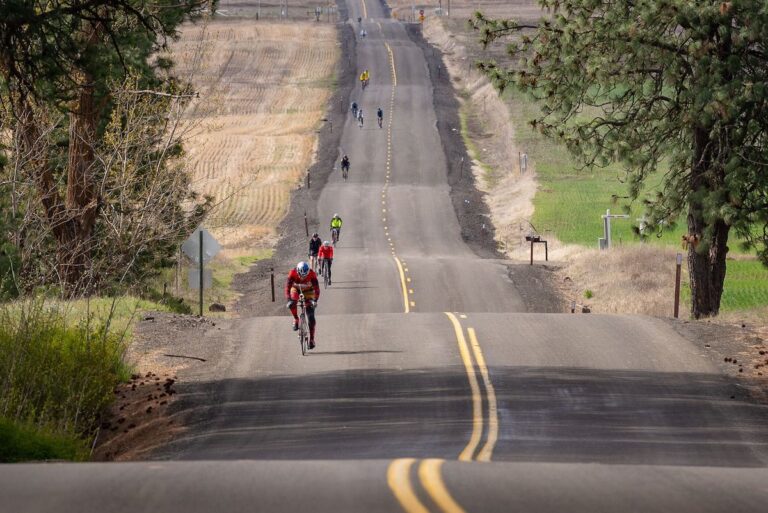Anyone who has just bought a house, as I have, soon learns that the decisions to be made are more complicated than which shade of beige to paint the living room walls. A home requires more than a commitment to style — French country or Tuscan villa, clean modern or country rustic. It connects us to the tangle of power lines that infuse our kitchens with light, the snaking lines that feed gas to our furnaces and keep us warm, and the bowels that deliver our waste to the treatment plant. As a tenant, I tried to limit my personal consumption by turning off lights when I wasn’t in the room and not running the water while I brushed my teeth. But now that the title is in my name, I realize that home ownership represents a civic duty — not just to pay my property taxes, but also to consider my home as part of the greater ecology of the planet.
Surprisingly, the Catholic faith has inspired me to hope that this shift in consciousness is possible on a broader scale. I was raised thoroughly protestant, and I never heard a direct call to action for environmental stewardship like that of Pope Francis in his Encyclical letter On Care for Our Common Home: “The urgent challenge to protect our common home includes a concern to bring the whole human family together to seek a sustainable and integral development, for we know that things can change.” Science has long studied and provided compelling evidence for the relationship between human consumption and the degradation of the planet. But if the voices of influential religious leaders join the chorus, then scalable, effective change may be possible.
For me, care for our common home begins now with my tiny swath of earth. Just before signing the final paperwork and acquiring the deed, I read a book that suggested creating a personal sustainability plan. It made me think about why I wanted to own a home and helped me compose this objective: To inhabit my home in a way that is respectful to the earth and a blessing to my friends and community; to engage in home ownership as a form of land management and stewardship by carefully tracking my resource footprint so that I can reduce consumption and localize my resource base wherever possible. I was then inspired to make a list of improvements along with a timeline for when I could complete them. Things like purchasing a high-efficiency washing machine were done within the first month. Low-water landscaping will go in this spring, along with a vegetable garden. The windows I hope to replace next year.
This objective also guides what I don’t do and what I don’t purchase. I decided not to invest in a dryer and installed a clothesline and drying racks instead. The old cabinets won’t be ripped out, despite the fact they are awkwardly situated between contemporary and vintage and look out of style. Instead, I accept them as part of the quirks of an old house and paint the kitchen bright yellow and blue, attempting to turn cheap into charming. Some things, like the old gas furnace and water heater, I won’t replace until they’re broken, which will hopefully give me years to save up and consider what technologies I might like to replace them with some day. Finally, I try to banish the tendency to measure my house to some artificial standard and kick away comparison on the back stoop with my mud boots and the welcome mat. It’s easier to love my home when I view it through the lens of my personal sustainability plan rather than the consumption-centered pages of glossy home improvement magazines.
Home ownership has long been a symbol of prosperity and independence in America; it is also a tool for economic mobility and a rite of passage for those hoping to enter the middle class. What if our definition of prosperity meant harmony with the natural world, and our definition of independence included weaning ourselves off fossil fuels? In so many ways our homes are more than shelters from the elements; they are our signature on the earth and the place where we most live into our values. When I look out my window at my neighbors’ houses, I think about the scalable impact we could have if we all looked at our physical structures as part of the ecology of the planet, our common home. //
Summer Hess started climbing and open water swimming when she moved to Spokane and is ever thankful for the chance to explore the mountains, lakes, and rivers of the Northwest. She wrote about the Sustainable Summits Conference in October.












